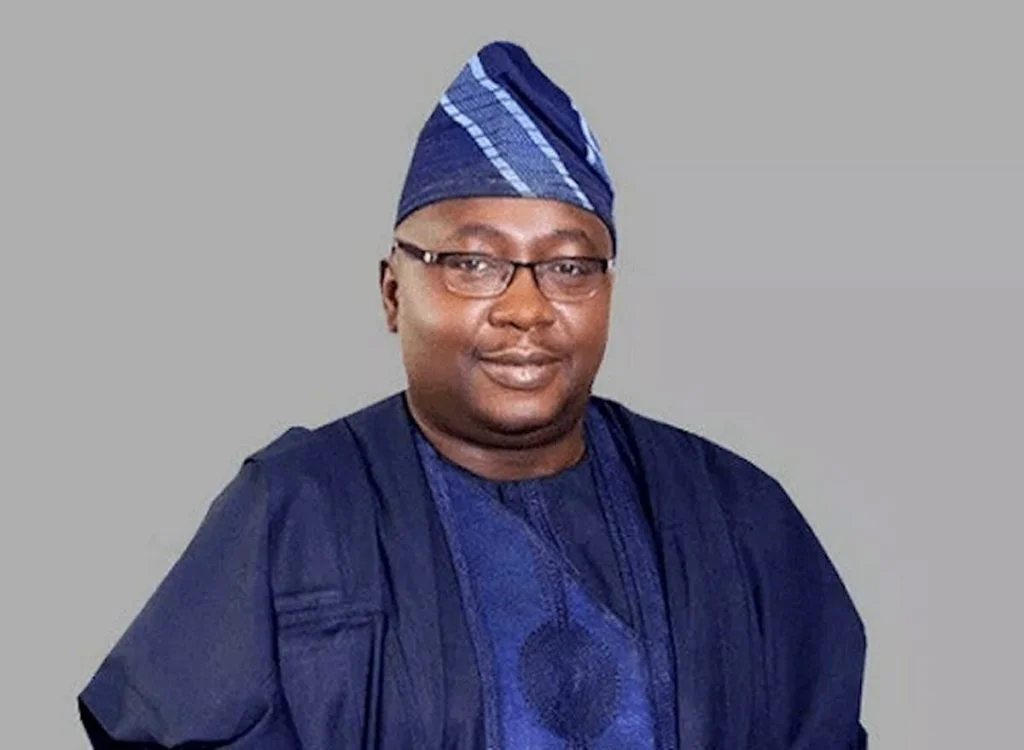By

Human rights lawyer, Barrister Hamza N Dantani, has described the restriction on commercial motorcyclists’ movement between 7pm to 6am in Gombe State as counter-productive.
Dantani stated this in an open letter to Mr Muhammad Inuwa Yahaya, the Executive Governor of Gombe State.
He said though the policy was borne out of a genuine desire to curb criminality and safeguard lives and property, “However, with the utmost respect, the continuation of this restriction is a cure far worse than the disease it seeks to address”
He noted that the ban, as initially introduced by the Gombe State Police Command, was not preceded by consultation with the state’s elected government.
“Your Excellency disclosed that the Commissioner of Police, Mr. Bello Yahaya, did not seek your input before its enforcement.
“Yet, Your Excellency chose not to interfere. This humility and restraint are noted, but I respectfully remind Your Excellency that the people of Gombe did not elect the Commissioner of Police; they elected you as their governor and chief security officer, with a constitutional mandate to weigh the burdens and aspirations of your people in all policy decisions”
“It is pertinent to respectfully draw Your Excellency’s attention to the position of the law on the matter.
“Section 14 of the 1999 Nigerian Constitution establishes Nigeria as a democratic state where sovereignty resides with the people, and their security and welfare are the primary purposes of government.
“Section 16 outlines economic objectives, including promoting national prosperity, self-reliance, balanced development, and social justice. In the case of Bariga-Amange v. Adumen (2016) 13 NWLR (Pt. 1530) 349, the court of appeal held that “the security and welfare of the peoples shall be the primary purpose of government.”
“The point to be made then is that while the security of the people is significant, there must always be a balance, as their welfare is also paramount”
He further stated that “About seven weeks have passed since this measure was implemented. If nothing has changed regarding curbing criminality within this period, then it is reasonable to conclude that prolonging the ban will achieve nothing further. On the contrary, the unintended consequences have become more severe and far-reaching”
While appealing to the state government, the Abuja based constitutional lawyers stated that “neighbouring states with similar restrictions as a justification underscore the flaws in that reasoning respectfully, citing Borno and Yobe states where a similar motorcycle ban had proved counterproductive.
” It severely disrupted the economy and failed to address the security challenges it was meant to curb. In Yobe State, the governor reconsidered the initial ban and lifted it due to the enormous economic hardship it caused the people. These precedents should serve as cautionary tales rather than justifications
“Furthermore, the notion that the restriction will help curb mobile phone theft is fundamentally flawed. Criminals can and do use other means of transportation, such as tricycles or private vehicles, to perpetrate such crimes. Blanket policies that punish law-abiding citizens alongside criminals cannot address the root causes of insecurity
“Gombe State is on an upward trajectory, having been ranked among the top states in Nigeria for ease of doing business. This has encouraged entrepreneurs and skilled individuals from neighbouring states to invest and work in Gombe. Policies such as this one, however, risk eroding the progress made. If left unaddressed, the motorcycle restriction could undermine the state’s economic attractiveness and alienate the population whose cooperation is essential for security and development.
‘Your Excellency, we must not lose sight of the broader economic and social picture. With inflation at alarming levels, and with poverty and unemployment on the rise in the country, the people of Gombe are already living under extreme pressure. Many of the motorcycle operators you see today are breadwinners. Some operate their motorcycles in shifts; one riding by day and another by night to sustain their families, pay school fees, and service hire-purchase arrangements. The current policy has rendered night operators jobless and has caused many to default on payments, leading to the loss of their only means of livelihood.
“Moreover, this ban has disrupted sectors that are essential to daily lives. Hospital workers, food vendors, shopkeepers, and small-scale traders now struggle to get home after 6 p.m., often at significant personal risk or expense. Even religious activities have not been spared. Imams and mosque caretakers find themselves stranded or unable to fulfill their duties, and ironically, even the police officers tasked with enforcing this restriction are negatively affected.
“we are not unmindful of the need for stringent security measures, but they must be intelligent, inclusive, and humane. A policy that inflicts more suffering than it prevents must be revisited. This is a democracy, and the people—the market woman, the night-time nurse, the okada rider, and the student walking home after evening prayers—bear the brunt of this decision. They are groaning under hardship and calling upon your compassionate leadership
“I therefore respectfully appeal to Your Excellency to reconsider this policy and end it. Let reason prevail. Let the voices of the people be heard. Let Gombe continue its march towards prosperity, unhindered by measures that inadvertently punish the people they are meant to protect”





